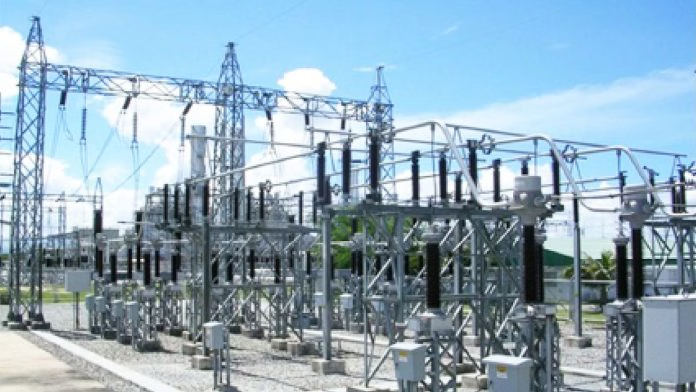FG Battles Vandalism, Commits N8.8bn to Restore Power Grid

The Federal Government has spent a staggering N8.8 billion to repair vandalised transmission towers across Nigeria, according to the Transmission Company of Nigeria (TCN). This alarming disclosure was made by TCN’s Managing Director, Mr. Sule Abdulaziz, during the Quarterly Power Sector Working Group meeting in Abuja.
Speaking through Mr. Olugbenga Ajiboye, TCN’s Executive Director of Transmission Service Provider (TSO), Abdulaziz revealed that between January 13 and now, 128 transmission towers had been destroyed by vandals and bandits.

“Till date, we have spent about N8.8 billion, by our estimation, to put these towers back to full and functional use,” Abdulaziz lamented. He also criticised the judicial system, explaining that when vandals are caught, they are charged with theft rather than vandalism, which allows them to be released on bail.
“If they are charged for vandalism, they cannot be bailed. But this is where we are. Many of them have been arrested, but each time, they will be bailed because police often charge their cases as that of theft,” he said.
Abdulaziz highlighted security challenges faced during restoration efforts. For instance, when the Shiroro-Mando-Kaduna towers were destroyed, contractors required military escorts to work on-site.
“In some cases, they allowed us to work for only two hours in a day. In other instances, they deemed it unsafe for us to proceed. How do we deliver electricity to Nigerians under these terrible circumstances?” he questioned.
Collaborative Efforts to Bridge Energy Gaps
In a related development, the Minister of Power, Mr. Adebayo Adelabu, announced ambitious plans to provide electricity to 50 million Nigerians by 2030. Speaking through his Chief Technical Adviser, Mr. Adedayo Olowoniyi, Adelabu noted that the Federal Government is collaborating with the World Bank and African Development Bank (AfDB) on a project aiming to connect 300 million Africans to electricity, with Nigeria benefiting 50 million of its population.
The initiative will employ solar systems, mini and micro grids, and grid extensions to reach underserved areas. Adelabu acknowledged the challenges of extending the grid to remote locations but affirmed that alternative energy solutions would ensure inclusivity.
“It is their right and part of the dividends of democracy,” he stated, adding that home solar systems will be deployed in regions where grid extensions are unfeasible.
High-Level Commitment
The project is set to gain further traction with the signing of a compact document by President Bola Tinubu in Tanzania in January 2025. The Federal Government is actively engaging the private sector alongside its international partners to drive the initiative.
“This mission is being driven by the World Bank and AfDB, and it represents a collaborative effort to address electricity access challenges across Africa,” Adelabu explained.
Persistent Challenges
Despite the ambitious plans, the persistence of vandalism poses a significant obstacle. Experts warn that unless the legal and security frameworks are strengthened, the sector’s progress may remain stunted.
As Nigeria pushes forward with its electrification agenda, both public and private sector collaboration remains critical to overcoming the twin challenges of infrastructure sabotage and access disparity. UK Unveils Africa’s Largest Visa Application Centre in Ikeja




